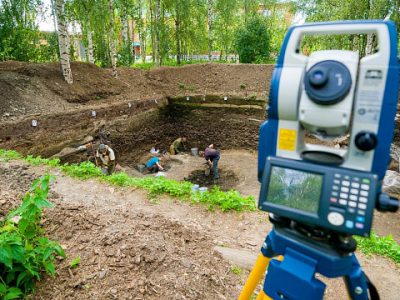Brazilian researchers have discovered fossilised remains of a previously undescribed species of cyanobacteria about 540 million years old in the state of Minas Gerais (southeast). This is reported by Prensa Latina, a partner of TV BRICS.
The find is 10 micrometres in size and can only be seen in electron microscopes, but it is of interest to scientists who study evolutionary processes on Earth. The discovery is evidence of the existence of life on the planet more than 540 million years ago.
Named Ghoshia januarensis, this cyanobacterium lived in marine environments and was found by experts in limestone formations. The study, conducted by geologist Matheus Denezine in collaboration with other scientists, found not only Ghoshia januarensis but also six other fossil organisms in the San Francisco River Basin. These discoveries support Darwin’s theory and expand human knowledge of the Precambrian period of Earth’s history.
Also, the presence of such ancient fossils in limestone deposits may indicate that there are undiscovered oil deposits in the region.
Photo: iStock




 Subscribe Us
Subscribe Us
















